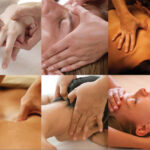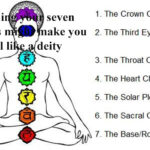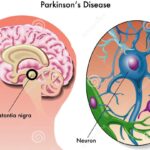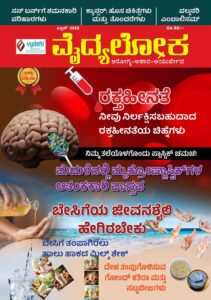

1.Peripheral Vertigo: It occurs due to a problem in the part of the inner ear that controls balance. These areas are called the vestibular labyrinth, or semicircular canals. The problem may also involve the vestibular nerve. This is the nerve between the inner ear and the brain stem. Peripheral vertigo may be caused by:
- Benign paroxysmal positional vertigo (BPPV)
- Certain medicines, such as cisplatin, aminoglycoside antibiotics,salicylates or diuretics
- Injury (such as head injury)
- Inflammation of the vestibular nerve
- Irritation and swelling of the inner ear
- Pressure on the vestibular nerve, usually from a noncancerous tumor such as a meningioma or schwannoma
2.Central vertigo: It occurs due to a problem in the brain, usually in the back part of the brain (cerebellum) or brain stem. Central vertigo may be caused by
- Blood vessel disease
- Certain drugs, such as Central vertigo may be caused by , aspirin, and alcohol
- Stroke
- Tumors (cancerous or noncancerous)
- Vestibular migraine (type of migraine headache)
Vertigo is often triggered by a change in the position of head. Vertigo is being described by following feelings:
- Spinning
- Tilting
- Swaying
- Unbalanced
- Pulled to one direction
- Other symptoms that accompany vertigo are:-
- Feeling nauseated
- Vomiting
- Abnormal or jerking eye movements
- Headache
- Sweating
- Hearing loss or ringing in the ears
Vertigo can be caused by problems in the brain or central nervous system. While vertigo is not life-threatening but it can be an extreme inconvenience. In addition to feeling dizzy, it can also cause nausea and vomiting. However it can be treated. Therefore treatment is necessary to cure vertigo.
Treatment to Vertigo:
Treatment for vertigo depends upon what’s causing it. In many cases vertigo does not need any treatment. But for some treatment is needed and may include:
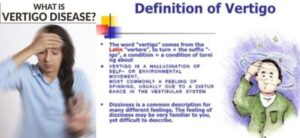

2. Canalith repositioning maneuvers: This involves a series of specific head and body movements.The movements are done to move the calcium deposits out of the canal into an inner ear chamber so they can be absorbed by the body. You will likely have vertigo symptoms during the procedure as the canalith move.
3. Medicine: In some cases, medication may be given to relieve symptoms such as nausea or motion sickness associated with vertigo.
4. Stress Management: Sometimes vertigo can be triggered by stress.Developing coping strategies to navigate stressful circumstances could decrease your episodes of vertigo.Deep breathing techniques are an efficient way to relieve symptoms.
5. Adequate sleep: Vertigo can also be triggered by sleep deprivation. So getting sufficient amount of sleep may help.
6. Vitamin D: If you are thinking that there is something you are not getting in your diet, then you are right. You need to take vitamin D a study found which helps you to relieve vertigo symptoms.
It is a complex symptom that needs to be treated on time. Vertigo can cause inconvenience if not treated on time. The balance may fall off which is a problematic condition. You need not worry about it. If the problem persists for a long time then seeking help from health care providers would help.


Dr. Azim Ahamed Roy, Ayush Health Clinic
#15, 2nd Floor, 2nd Block,
2nd Stage 12th Main,
Opp. Rajajinagar RTO,
2nd Block,
Rajajinagar, Bengaluru – 560010
Ph : ++918970934699




